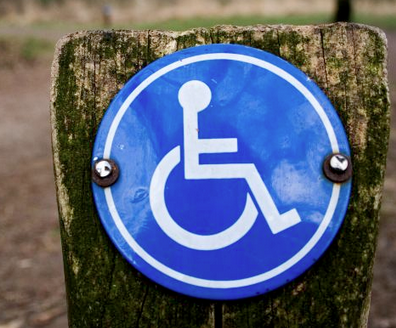Last Updated on October 21, 2024
The Individuals with Disabilities Education Act (also known as IDEA) is a federal program focused on providing financial aid for special education for children with disabilities. IDEA builds upon the Education for All Handicapped Children Act of 1975, which “intended to support states and localities in protecting the rights of, meeting the individual needs of, and improving the results for infants, toddlers, children and youths with disabilities and their families.” IDEA takes things a step further and “requires that schools provide special education services to eligible students as outlined in a student’s Individualized Education Program (IEP). IDEA also provides very specific requirements to guarantee a Free Appropriate Public Education (FAPE) for students with disabilities in the least restrictive environment (LRE). FAPE and LRE are the protected rights of every eligible child, in all 50 states and U.S. Territories.” In short, the law guarantees that all children with disabilities have access to personalized and quality education.
What about Part C? Who Does it Serve?
 In addition to the educational aspects, Part C of the law also guarantees early intervention for infants and toddlers through age 2 with developmental delays (including infants/toddlers who have diagnosed physical or mental conditions with high probabilities of resulting in developmental delays) by providing grants to each state/territory to set up and administer the program. From Idea.ed.gov “Part C is a $436 million program administered by States that serves infants and toddlers through age 2 with developmental delays or who have diagnosed physical or mental conditions with high probabilities of resulting in developmental delays.” This program was enacted to enhance the development of infants/toddlers with disabilities, reduce educational costs by minimizing the need for special education through early intervention, minimize the likelihood of institutionalization, and enhance the capacity of families to meet their child’s needs.
In addition to the educational aspects, Part C of the law also guarantees early intervention for infants and toddlers through age 2 with developmental delays (including infants/toddlers who have diagnosed physical or mental conditions with high probabilities of resulting in developmental delays) by providing grants to each state/territory to set up and administer the program. From Idea.ed.gov “Part C is a $436 million program administered by States that serves infants and toddlers through age 2 with developmental delays or who have diagnosed physical or mental conditions with high probabilities of resulting in developmental delays.” This program was enacted to enhance the development of infants/toddlers with disabilities, reduce educational costs by minimizing the need for special education through early intervention, minimize the likelihood of institutionalization, and enhance the capacity of families to meet their child’s needs.
What it Covers
The program provides (usually at no cost): diagnosis and evaluation, physical and occupational therapies, speech-language pathology and other health services. Other health services often include assistive technology, audiology, medical (for diagnostic and evaluation purposes only), nursing, nutrition, psychological services and more. In some states this assistance is provided up to age 5. These services are extremely important for children with learning disabilities. Secretary of Education Arne Duncan states, “it’s especially important for infants and toddlers with disabilities to have access to high-quality early intervention services that prepare them to successfully transition to preschool and kindergarten. The Part C regulations will support the Education Department’s commitment to the goal of preparing more children with high needs with a strong foundation for success in school and beyond.”
How to Find a Program
We list each program under State Sponsored Programs, a sub-category of Government Programs. Click on State-Sponsored Programs, find your state, and the IDEA Part C Program will be listed on that page. Since the program names vary by state, you may find it easier to find your state’s program by examining the “Program Provides” column in your state. Look for “assistance for infants and toddlers to age 2 (or 5) with developmental disabilities”.





